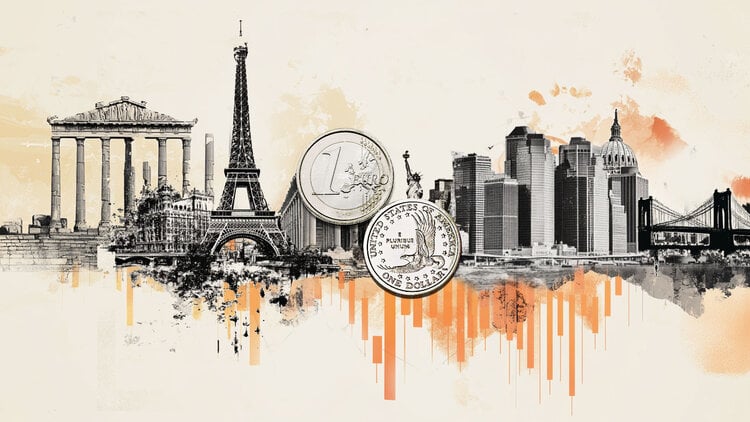The impact of inflation in Brazil was felt by 95% of the population, according to the National Confederation of Industry (CNI).
Data from the Post-pandemic Behavior and Economy survey show that the perception of inflation has increased by 22 percentage points since the last study, in November 2021, when 73% was recorded in the indicator.
For the April survey of this year, 2,015 people were interviewed, between the 1st and 5th of the month. The margin of error is plus or minus two percentage points.
“The war in Ukraine has brought more uncertainties to the global economy, which drives inflation and raises fears of a setback in the economy around the world,” said CNI President Robson Braga de Andrade.
“Faced with this difficult and undesired situation, Brazil needs to adopt the right measures to encourage economic growth, job creation and an increase in the population’s income. The main one is tax reform. We have no way of getting away from it,” she added.
The perception of an increase in prices, goods and services was widespread, with no major differences between age, demographic or education profiles. The survey reveals that 76% of Brazilians said their financial situation was affected by inflation.
The most affected are people without schooling, with an income of up to one minimum wage, and residents of the Northeast.
In addition, 66% of respondents believe that inflation will increase in the next six months. In the previous survey, from November 2021, this percentage was 54%.
Cost reduction
The survey points out that 64% of the population reduced spending in the last six months. Among this total, 49% said they had made large or very large cuts.
The budget was occupied with growing and unavoidable expenses, such as electricity bills, cooking gas, basic food baskets and medicines. The survey shows that 59% of those surveyed increased their spending on electricity bills, 56% on cooking gas, 52% on rice and beans, 51% on water, 50% on fuel, 49% on fruits and vegetables and 48% on Red meat.
Among the main items that were cut, 34% mentioned construction material; 29% canceled pay TV; 12% cut their cell phone bill; 24% stopped having meals outside the home; 23% stopped buying home appliances; 15% stopped consuming fuel and 16% reduced this expense; 15% stopped buying clothes and shoes and 14% said they no longer use public transport.
In addition, 31% reduced the consumption of red meat, 27% of clothes and shoes, 25% of meals outside the home and 19% of cell phone bills and 19% reduced fruits and vegetables in their diet.
The current economic situation, compared to previous economic crises, is considered as serious as or more serious by 81% of the population. The worst perception is of the population over 60 years old, which has lived with high inflation and various economic plans.
Source: CNN Brasil
I am Sophia william, author of World Stock Market. I have a degree in journalism from the University of Missouri and I have worked as a reporter for several news websites. I have a passion for writing and informing people about the latest news and events happening in the world. I strive to be accurate and unbiased in my reporting, and I hope to provide readers with valuable information that they can use to make informed decisions.







